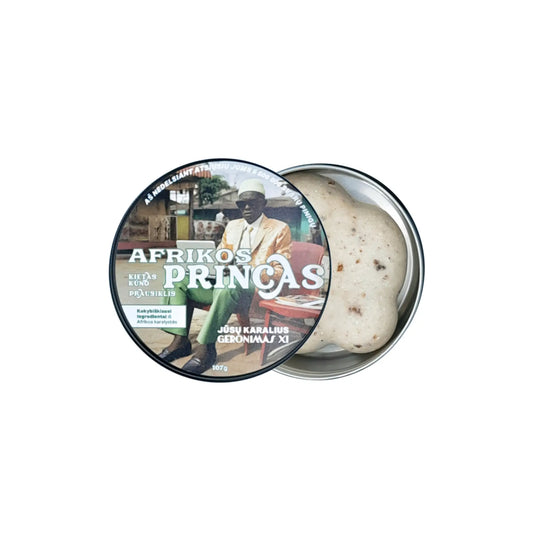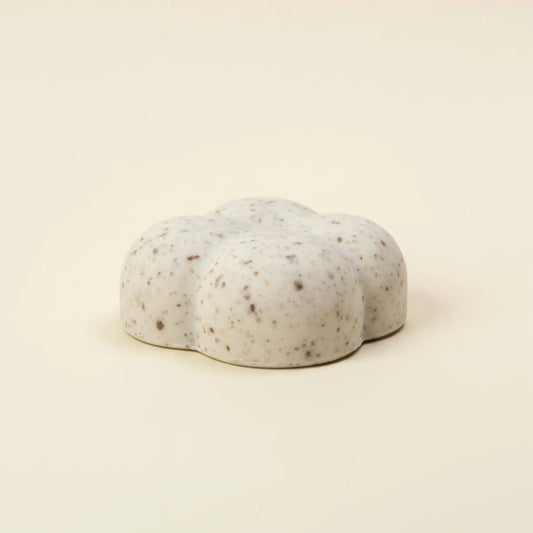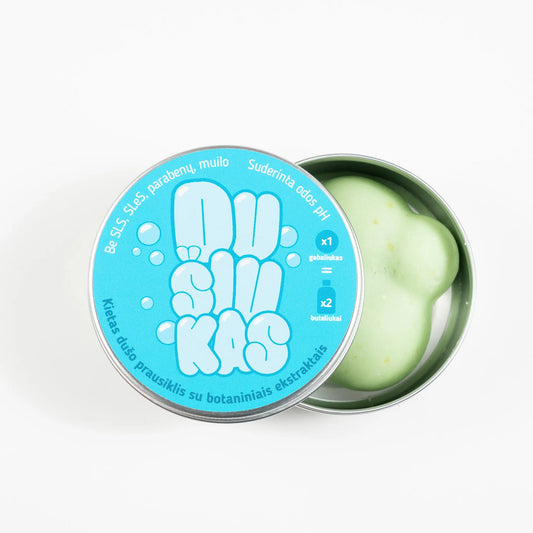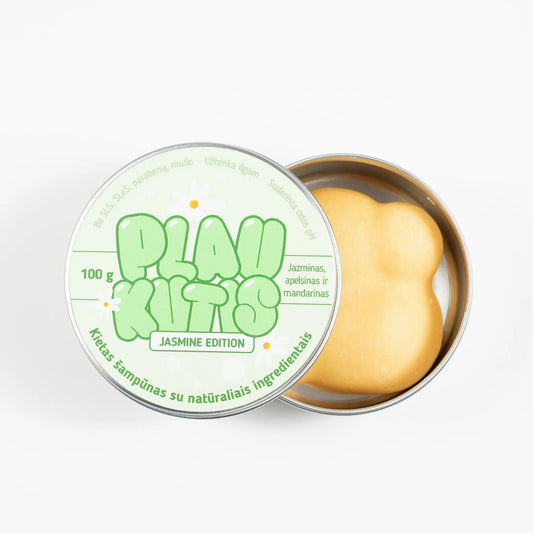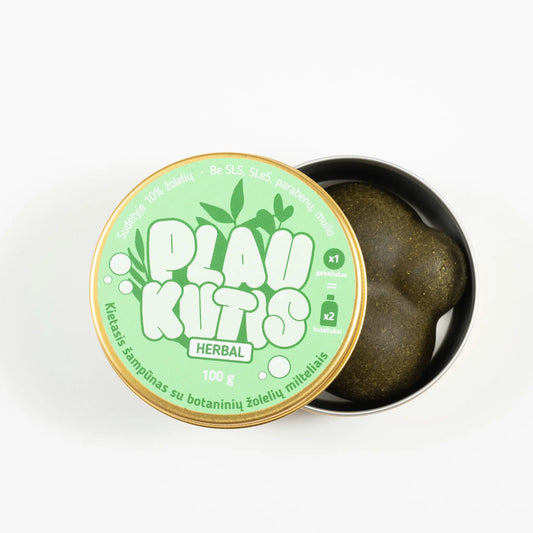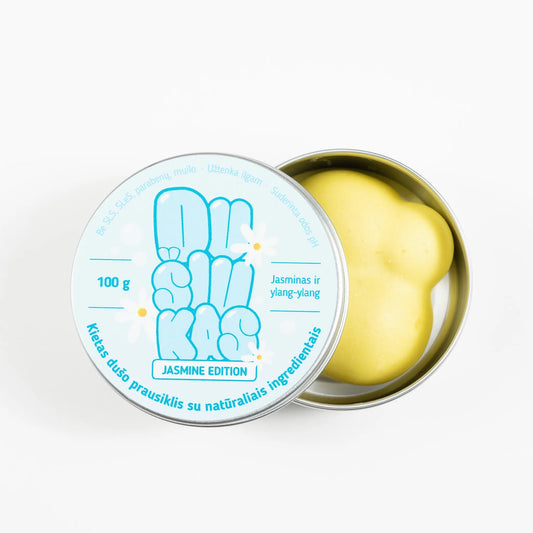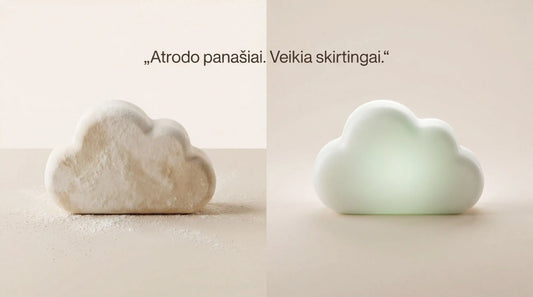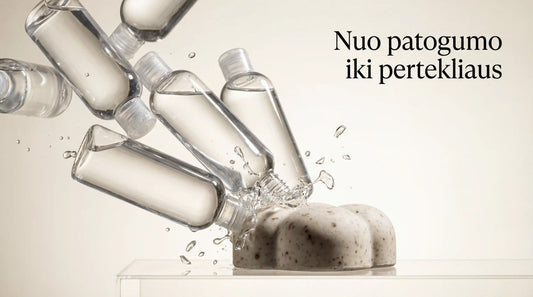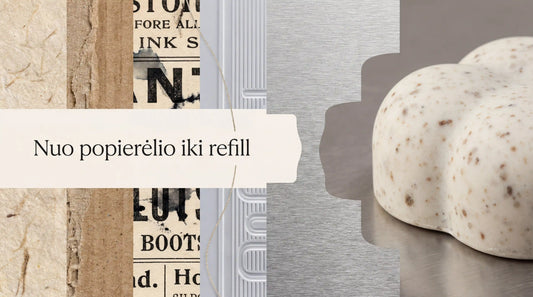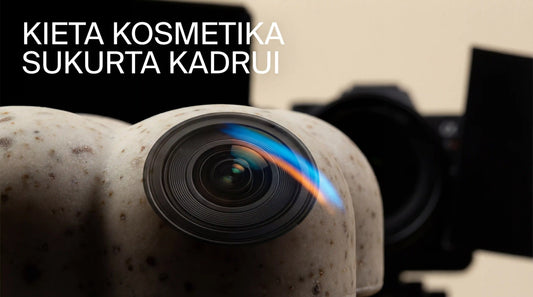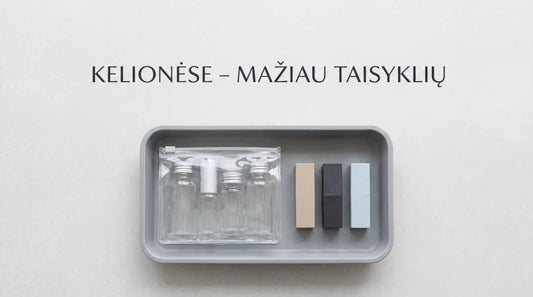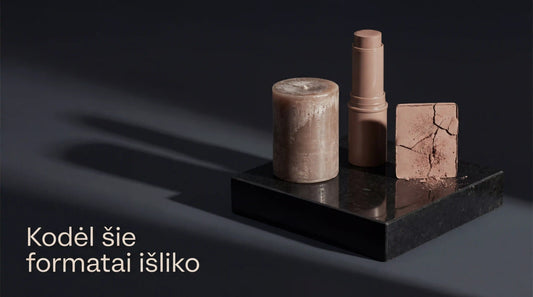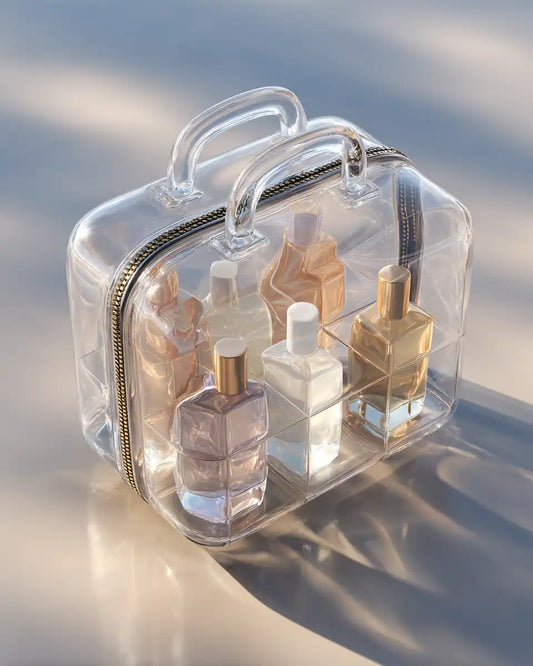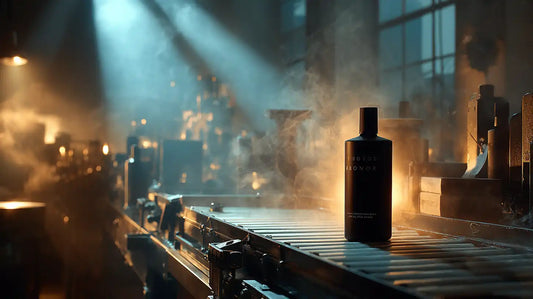Why do some people's hair look thicker and shinier? The secret often lies in protein. Our hair is made up mostly of a protein called keratin. So what we eat and how much protein we get directly affects the health of our hair.
Keratin acts as the building block of every hair strand. If you don’t have enough of it, your hair becomes weak, brittle, and prone to breakage. In this article, we’ll discuss the role of protein in hair health, how it works, and what happens if you don’t get enough of it. Want to learn how to improve your hair from the inside out? Let’s get started!
Hair structure and the role of keratin
To understand why protein is so important, it's worth looking at how hair works. Each hair is more complex than it looks. It has three main parts: the cuticle, the cortex, and the medulla.
Hair structure overview
- Cuticle: This is the outer layer. It looks like overlapping scales that protect the inner layers of the hair. If the cuticle is smooth, the hair looks shiny. If it is damaged, the hair becomes rough and frizzy.
- Cortex: This is the middle part of the hair, making up the majority of it. This is where the pigment that gives the hair its color is found. The cortex also gives the hair its strength and elasticity. When hair is healthy, the cortex is full of keratin, which makes the hair strong and flexible.
- Medulla: Not present in all hair types, this is the inner layer. It is most often found inside thick or coarse hair, but does not significantly affect the strength or health of the hair.
Keratin is found in the cuticle and cortex, providing strength, flexibility and shine. A healthy cuticle provides protection for the hair, while a strong cortex helps the hair survive daily wear and tear.
Keratin formation
Keratin doesn't magically appear in your hair. It's created in your body through a process controlled by amino acids. Amino acids are the building blocks of protein, and our bodies need them to make keratin.
One of the most important amino acids for keratin production is sulfur-containing amino acids, such as cysteine. Cysteine forms strong bonds within the hair shaft, providing structural integrity. A diet rich in these amino acids is essential for healthy hair growth. The body cannot produce some amino acids on its own, so we must obtain them from our diet.
Keratin is produced in the hair follicles during a process called keratinization. During this process, the cells in the hair follicles produce keratin and push older cells through the skin to the surface. They harden and form the visible hair. This process is continuous and requires a constant supply of nutrients, especially protein, to keep the hair healthy.
The role of protein in hair health
Keratin is the main structural element of hair. It forms the outer layer that protects the inner layers. A strong cuticle layer is essential for hair to remain resistant to damage caused by styling, weather conditions and everyday wear and tear.
When you have enough protein in your body, your hair stays strong, shiny, and more resistant to breakage. Protein also helps your hair retain moisture. Healthy protein levels help your hair cuticles stay smooth, which helps your hair retain moisture and stay smooth. For this reason, a balanced diet with enough protein is essential for long, shiny hair.

How protein deficiency affects hair growth and quality
Insufficient protein intake can have a noticeable impact on your hair. When your body is deficient in protein, it prioritizes important functions like muscle growth and organ health. Unfortunately, hair growth isn’t the first priority. Let’s take a look at the common signs of protein deficiency and how it affects hair growth.
Symptoms of protein deficiency in hair
- Thinning: One of the most obvious signs of protein deficiency is hair thinning. When there is a lack of the “building blocks” (amino acids) for the formation of keratin, hair growth slows down. The hair becomes thinner, making its overall appearance sparser.
- Breakage: Without sufficient keratin, hair becomes weak and brittle. This leads to breakage, split ends, and frizz. Hair loses its ability to stretch and recover, making it prone to breakage, especially when styling.
- Slower growth: When the body lacks protein, the hair growth cycle slows down. Hair spends more time in the resting phase and less time in the active growth phase. This can make it appear as if hair has stopped growing.
Protein deficiency also affects the health of hair follicles. Hair follicles need a constant supply of nutrients to produce keratin. Without the essential amino acids, follicles can shrink, causing hair strands to become thinner and weaker.
Understanding the hair growth phase and the role of proteins
Hair grows in three main phases: anagen (growth phase), catagen (transition phase), and telogen (resting phase). Each hair is in a different phase at the same time, so we don't lose all our hair at once.
- Anagen phase: This is the growth phase that lasts from 2 to 7 years. The length of this phase determines how long your hair can grow. During the anagen phase, hair follicles need protein to produce new cells and build keratin. A lack of protein can shorten the anagen phase, causing hair to grow more slowly.
- Catagen phase: This is a short, 2-week phase that signals the end of active hair growth. The hair follicle shrinks and prepares to enter the resting phase.
- Telogen phase: In this phase, hair rests for about 3 months before falling out. Protein deficiency can prolong the telogen phase, causing more hair to fall out and less to grow back.
When the body lacks protein, it disrupts the normal hair cycle, leading to increased hair loss. Hair loss due to protein deficiency is usually temporary. When protein levels are increased, hair growth can return to its natural cycle.
The connection between protein and scalp health
Protein is important not only for your hair, but also for your scalp. To stay healthy and maintain healthy hair follicles, your scalp needs a balanced diet. When your body is deficient in protein, your scalp can become dry and itchy, leading to dandruff and other hair problems.
A healthy scalp provides the right environment for hair growth. Maintaining adequate protein levels keeps the scalp nourished, reduces dryness, and supports overall hair health.
Conclusion
Protein is an important component of healthy hair. It forms keratin, which gives hair its strength, flexibility and shine. If you lack protein, your hair can become weak, thin and prone to breakage. The hair growth cycle in the body depends on a constant supply of protein to maintain healthy and vibrant hair.
Understanding how protein affects your hair can help you make better nutritional decisions. Including protein-rich foods like eggs, fish, beans, and nuts in your diet can improve the health of your hair. Remember, healthy hair starts from the inside out. So, take a look at your diet and make sure you’re getting enough protein to keep your hair looking its best.
Have you noticed any changes in your hair after changing your diet? Share your experiences or tips in the comments!
